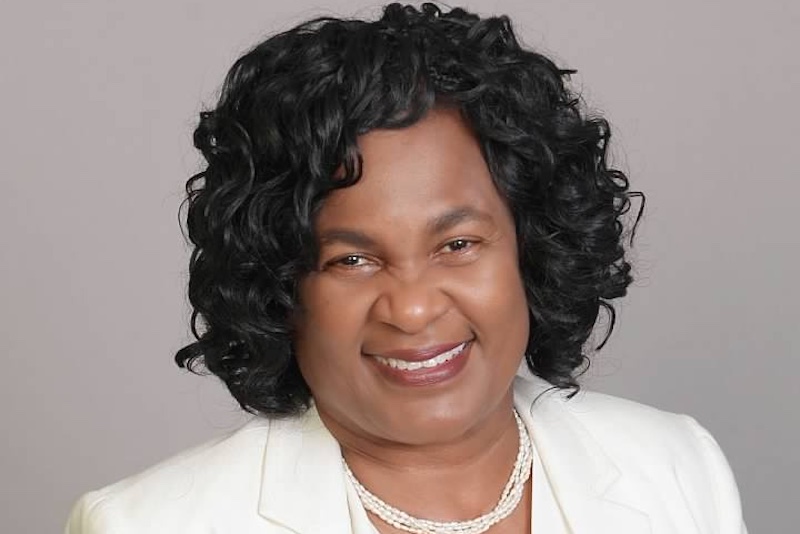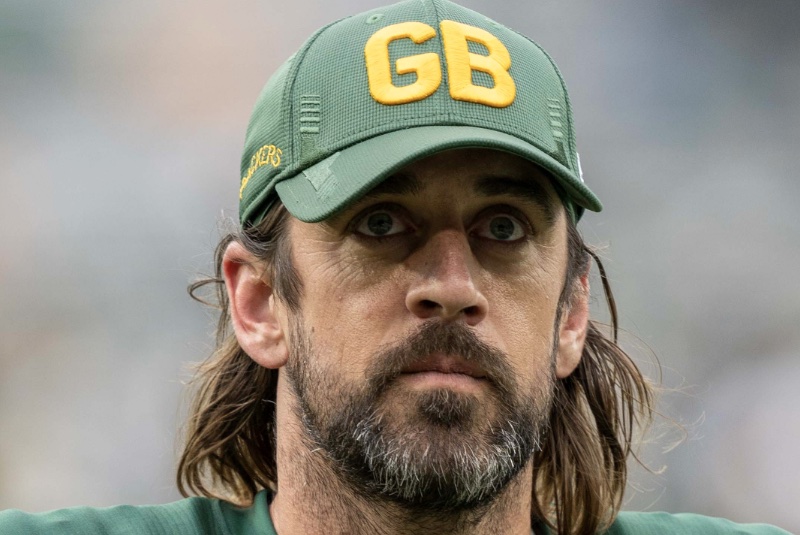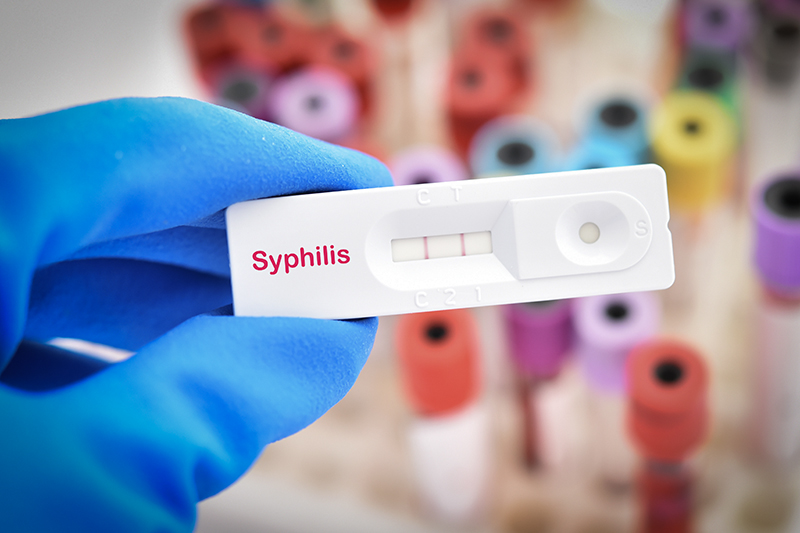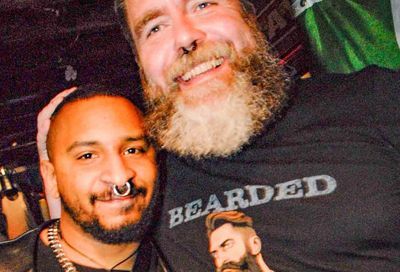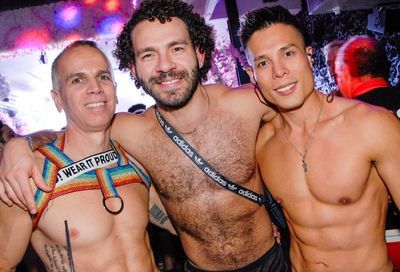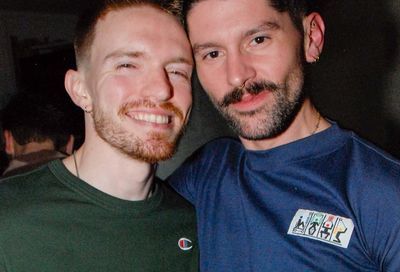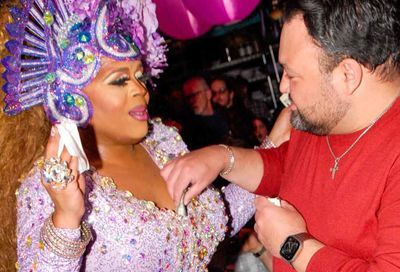Healthy Relationship
DC Black Pride 2007: Coalition aims to improve black gay men's health
Among the infamous milestones of the HIV pandemic, June 2005 and the figure 46 percent stand out for African-American gay men. It was then that the Centers for Disease Control and Prevention (CDC) in Atlanta released data from a five-city study — Baltimore, Los Angeles, Miami, New York City, San Francisco — that revealed a 46 percent infection rate among surveyed black men who have sex with men. This was more than double the rate of any other ethnicity measured. If ever anyone wanted proof that the house was on fire, this was it. But the fire trucks weren’t even nearby.
”The CDC released the five-city study, but they had no plan for addressing it,” says Cornelius Baker, former head of D.C.’s Whitman-Walker Clinic. ”People like Leo Rennie (currently with the D.C. Department of Health) and Gary English (of New York’s People of Color in Crisis Inc.) said, ‘What do you mean you have no plan?’ They immediately called a number of us together and said we had to do something.”
That something was the National Black Gay Men’s Advocacy Coalition (NBGMAC), officially founded in January 2006 as a policy-driven coalition of organizations and members ”committed to saving the lives of lives of black men.” The NBGMAC is part of this year’s D.C. Black Pride, offering a town-hall meeting at the start of the weekend-long event, Thursday, May 24.
”What we’ve been doing since we formed is outreach,” explains Ron Simmons, executive director of D.C.’s Us Helping Us-People Into Living and a member of the coalition’s executive committee. ”This idea of having town-hall meetings attached to black-pride events is more to introduce ourselves. This is our way of getting out there and seeing what our constituents would like to see us working on, and to tell them about us — and to see what we’re missing. Pride is perfect because you’ve got people coming in from all over the country.”
As people come to D.C., NBGMAC has been doing its part to take the coalition to the people. So far, the group has held events in Austin, Charlotte, Miami and Philadelphia. While only the Philadelphia meeting was for a black-pride event, NBGMAC’s participation in D.C. Black Pride shows that the coalition is committed to these venues.
”We can always dance, we can always party and wear new clothes, but rarely do black, gay men come together in a safe, alcohol-free setting to discuss these sorts of things,” Simmons says of the May 24 meeting, as well as others down the road.
Baker, recently tapped to serve as the NBGMAC’s national policy advisor, adds that along with the give-and-take of the town-hall meeting, the dinner that follows is just as important.
”The dinner part is as important as the talking part,” he insists. ”It’s really about networking and saying we have to address this. We can’t be silent. We can’t just ignore this.”
Neither can other communities. NBGMAC is planning a summit for later this season that will allow African-American gay men and straight African-American women to come together to work against HIV/AIDS in both communities.
”We do need a united strategy, because the house is on fire,” says Simmons.
Adds Baker: ”Acknowledging that we care for each other, and getting past some stuff that’s been dividing us — there’s a perception that we don’t care for each other. We’re all fighting this, no matter what community.”
While the community of black gay men and the community of black women have begun the discussions to help them forge ahead, united against HIV and AIDS, Baker says he hopes support will come across racial lines as well, from communities not hit so hard these days as the black community.
”We’re at a turning point that’s going to define who we are as a society,” says Baker. ”We have treatments that some people have access to. Poor people, particularly African Americans, are just not able to engage in the same sort of prevention for a number of reasons. Black, young, gay men are being thrown out on the street and have to survive. Often, that means sex without condoms. Especially in the gay community, we have to say this is about all of us, not just some of us…. There are a lot of people who couldn’t care less if black, gay men are dying. We are still dying of this disease, and some people are fine with that. The gay community should not be fine with that. I hope that there are other people who love us, who will come and be a part of the solution.”
For more information visit www.nbgmac.org.
Support Metro Weekly’s Journalism
These are challenging times for news organizations. And yet it’s crucial we stay active and provide vital resources and information to both our local readers and the world. So won’t you please take a moment and consider supporting Metro Weekly with a membership? For as little as $5 a month, you can help ensure Metro Weekly magazine and MetroWeekly.com remain free, viable resources as we provide the best, most diverse, culturally-resonant LGBTQ coverage in both the D.C. region and around the world. Memberships come with exclusive perks and discounts, your own personal digital delivery of each week’s magazine (and an archive), access to our Member's Lounge when it launches this fall, and exclusive members-only items like Metro Weekly Membership Mugs and Tote Bags! Check out all our membership levels here and please join us today!



